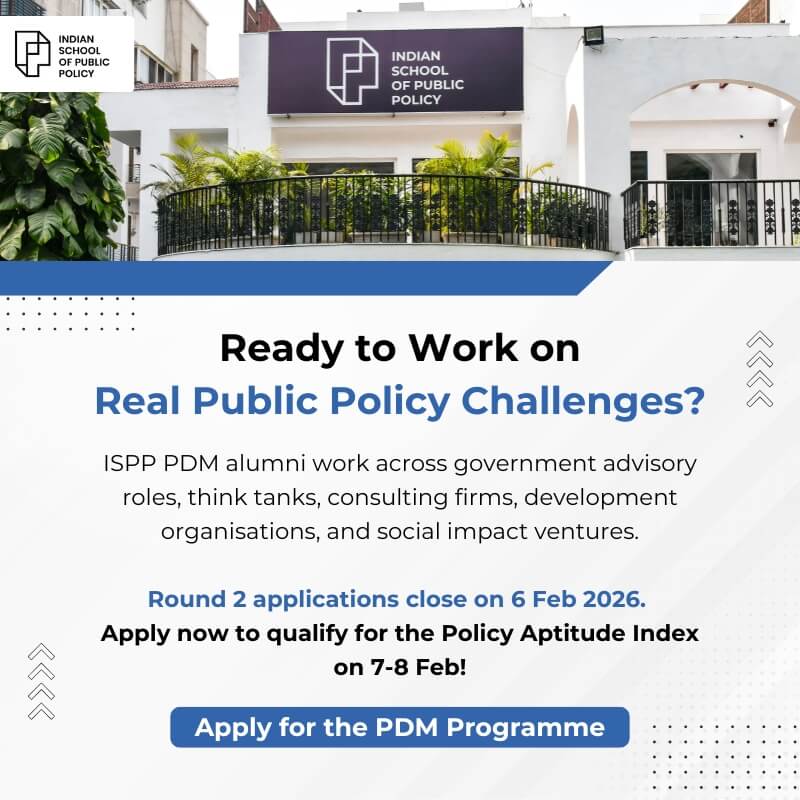Introduction Agriculture is the mainstay sector of India’s economy and uses 60% to 90% of the available water, depending on climate and economic development of the area2. With increasing pressure on agricultural land and water resources it is estimated that to satisfy food demand in 2050, the world’s agricultural production must increase by 70% and… Continue reading Sustainable deployment of solar water pumps: A case study of Rewari, Haryana
Category: Policy Review
Thoughtful policy reviews from ISPP covering analysis, critique, and perspectives on key public policies shaping India’s governance and development.
Sustainable deployment of solar water pumps: A case study of Rewari, Haryana
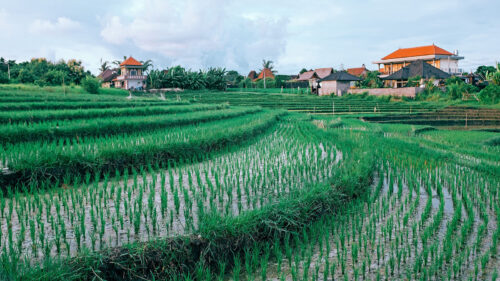
Coastal Displacement in the Indian Subcontinent

The anthropogenic forcing of greenhouse gases has turned out to be a dominant force propelling sea level rise. Sea levels in the 20th century have been rising at an average rate of 0.06m per decade.¹ The Indian subcontinent is highly vulnerable to threats arising from sea level rise given its demography. The country has a… Continue reading Coastal Displacement in the Indian Subcontinent
Environment and Agriculture Related Conflicts in India: Insights from the Armed Conflict Location and Event Data ACLED

Conflict over scarce natural resources has been documented as an important source of armed struggle1. Billon2states, “the idea that wars are associated with resources is probably as old as war itself”. Climate change and the associated reduction in freshwater availability, worsening soil productivity, increase in weather volatility and heightened atmospheric warming are expected to aggravate… Continue reading Environment and Agriculture Related Conflicts in India: Insights from the Armed Conflict Location and Event Data ACLED
The Puzzling Nature of Poverty

How would you define poverty? There are several definitions and each one of them helps us imagine poverty in different ways. One way to define poverty is the lack of resources required to lead a basic life. By this definition, as long as your basic needs of food, clothing and shelter are met, you are… Continue reading The Puzzling Nature of Poverty
Politics: A Workplace within POSH

In the world’s largest democracy, with over 2698 registered political parties; 8 national parties, 52 state parties, numerous regional and local parties, and millions of members across party lines, political parties in India can be categorized as one of the largest unorganized sectors. From the lowest rung of volunteers to the office bearers at the… Continue reading Politics: A Workplace within POSH
Are India and China destined to be adversaries?

The two Asian giants, India and China, with their demographic and economic clout, have led to the shifting of the center of gravity of the world from the Atlantic to the Indo-Pacific- signifying the rise of the Asian system.1 In this Asian Century, the future of Asia and the globe are going to be intricately linked to the… Continue reading Are India and China destined to be adversaries?
In Conversation with Rukmini S
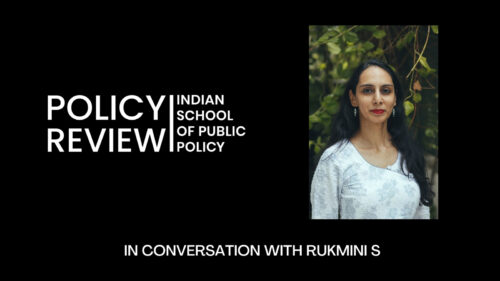
Rukmini S is an independent data journalist based in Chennai. She was the first Data Editor of The Hindu and HuffPost India. She writes on socio-economic and political issues, with a focus on inequality, gender and caste. She is a recipient of a Likho Award in 2019, an Honourable Mention at the Chameli Devi Jain… Continue reading In Conversation with Rukmini S
In Conversation with Shilpa Phadke
Shilpa is a Professor at the School of Media and Cultural Studies, Tata Institute of Social Sciences, Mumbai. She is co-author of the critically acclaimed book, ‘Why Loiter: Women & Risk on Mumbai Streets’ (Penguin-Random House) which examines women’s access to public space. She is co-director of the documentary, Under the Open Sky (2017). She… Continue reading In Conversation with Shilpa Phadke
Conditional Cash Transfers: A Source of Women’s Time Poverty
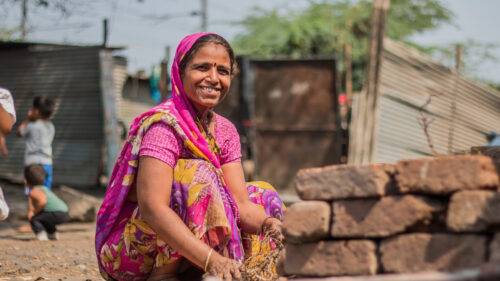
Abstract Conditional Cash Transfer programmes have been lauded as one of the most successful social protection schemes of recent times. However, the lack of a gender perspective has resulted in its proposed conditionalities to cause time-poverty amongst its participating women. Time poverty is understood as the lack of discretionary time available and is often observed… Continue reading Conditional Cash Transfers: A Source of Women’s Time Poverty
Property Ownership among Women in India
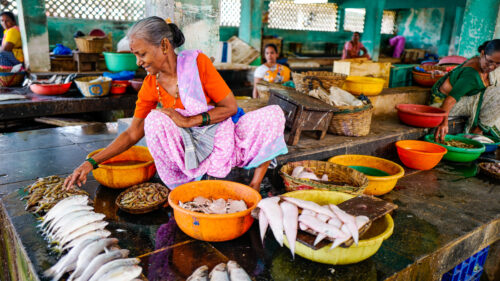
When women own property there is a noticeable improvement in their socio-economic well-being, their family’s health and nutritional outcomes, and also in their own physical security. On the contrary, women with no ownership over property find themselves incapable of engaging in economic activities or having a say in household matters and are comparatively more vulnerable to domestic violence.… Continue reading Property Ownership among Women in India

